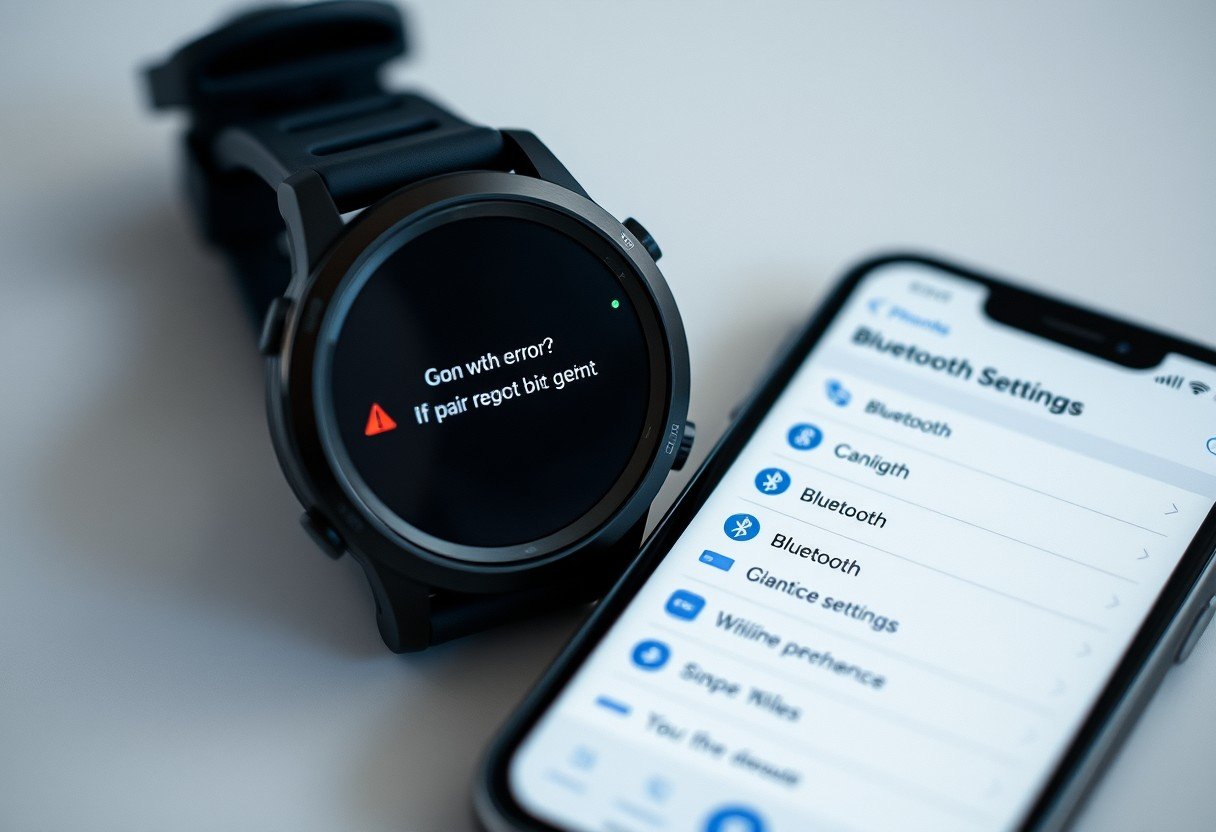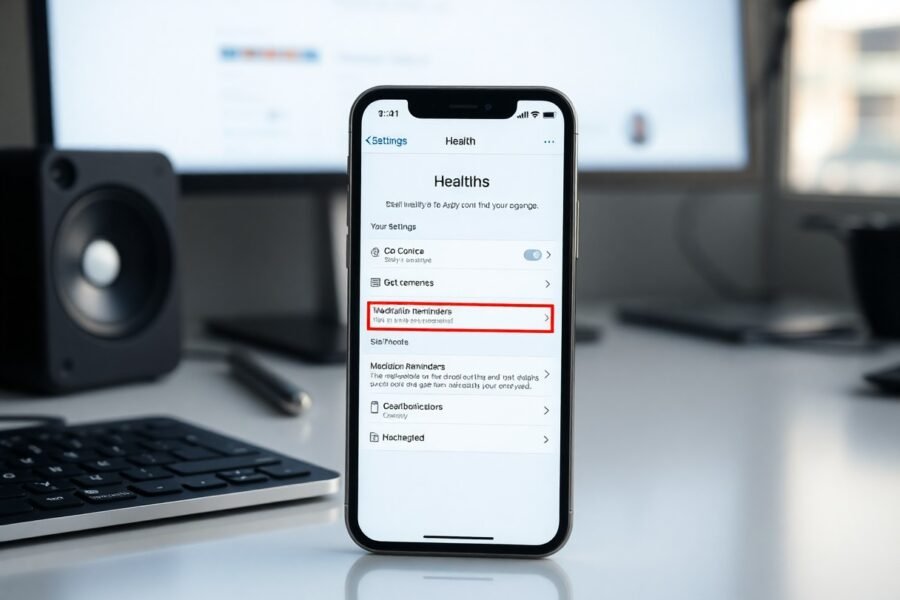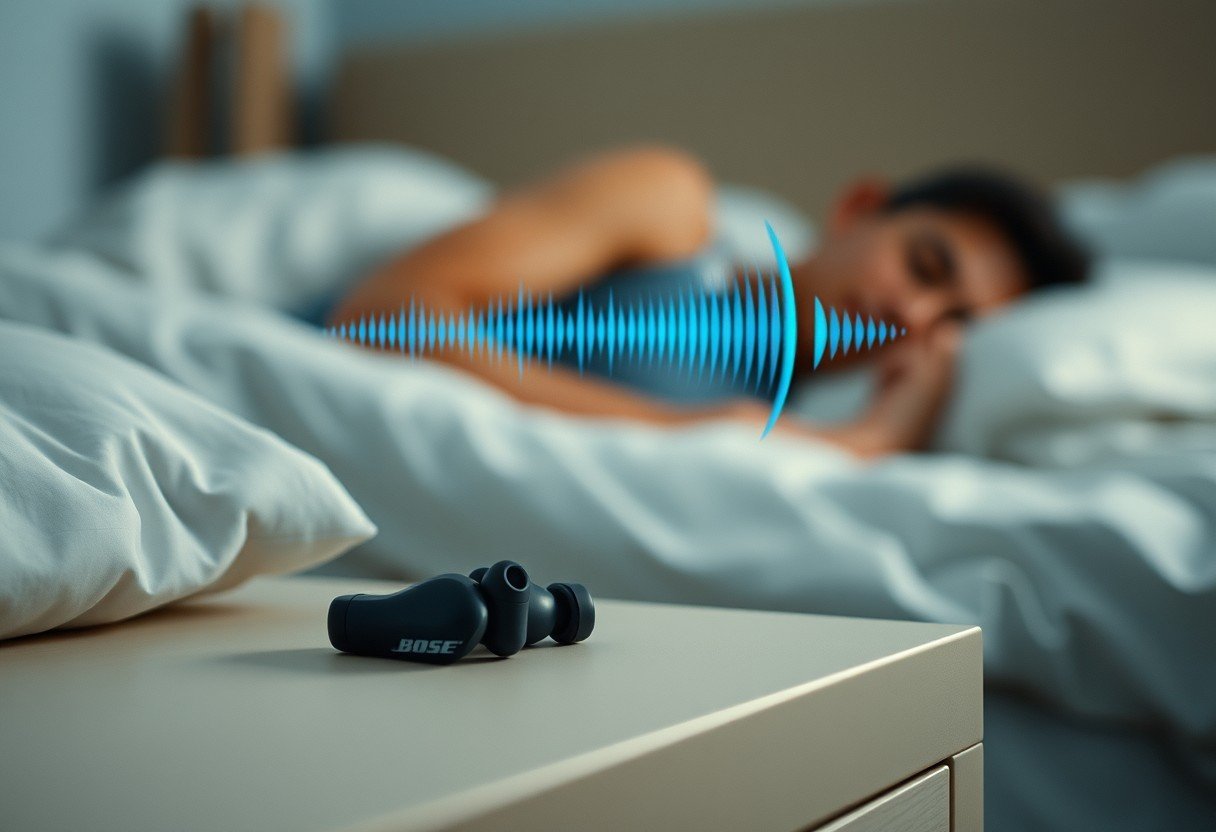Muscle shaking after a workout is a common experience that often signals you’ve pushed your body to its limits. This reaction is typically caused by muscle fatigue, a temporary overload of your nervous system, or an imbalance in hydration and nutrition. In most cases, these shakes are a normal part of getting stronger, indicating that you’ve effectively challenged your muscles. This article will explain why it happens, when it’s a good sign, and how you can manage it for better recovery and performance.
What Really Causes Your Muscles to Shake After a Workout?
Muscle shaking, also known as muscle fasciculations, happens when your muscles contract involuntarily. This is your body’s way of telling you that it’s been stressed and needs to recover. Several factors contribute to this sensation during or after a tough exercise session.
One of the main culprits is simple muscle fatigue. When you work out intensely, your muscles use up their primary energy source, called ATP. As these energy stores get low, your muscles can no longer contract with full force, leading to instability and shaking. This process also produces byproducts like lactic acid, which contributes to that familiar burning sensation and fatigue.
Your nervous system also plays a big role. High-intensity exercise can overstimulate the motor neurons that control your muscle contractions. When your central nervous system gets overloaded, it struggles to regulate muscle control effectively, resulting in twitches or shakes. This is simply a sign that the communication between your brain and muscles is temporarily strained from the hard work.
Finally, your hydration and nutrition levels are critical. Sweating causes you to lose important electrolytes like sodium and potassium, which are essential for proper muscle function. An imbalance of these minerals can easily lead to muscle twitching and cramps. Similarly, low blood sugar (hypoglycemia) from not eating enough before your workout can leave your muscles without the fuel they need, making them more likely to shake.
Is It a Good Sign When Your Muscles Tremble During Exercise?
In many situations, slight muscle shaking during or after a workout is actually a positive sign. It indicates that you are effectively engaging your muscles and pushing them past their usual comfort zone. When you challenge your body with a heavy weight or a difficult exercise like a plank, it has to recruit more muscle fibers to handle the load. This increased demand is what leads to strength gains.
These shakes are a clear signal that your muscles are being challenged, which is necessary to achieve your fitness goals. Think of it as your body’s adaptation process in real time. The trembling shows you’re approaching your physical limits, which is the point where muscle growth and strength development begin.
This experience can be empowering, confirming that your workout is intense enough to create change. However, it’s vital to listen to your body. While a little shaking is good, excessive or painful shaking means it’s time to ease up, take a short rest, or modify the exercise to avoid injury.
How to Stop Muscle Shaking After Your Workout
If you’re experiencing muscle shakes after a tough session, there are several simple and effective ways to help your body recover and stop the trembling. The primary goal is to replenish what your body has lost and allow it to begin the repair process.
First, prioritize rest. Your muscles need time to recuperate and rebuild their energy stores. Simply sitting or lying down for a few minutes after your workout can help the shaking subside. Don’t jump straight into your next activity; give your body a chance to transition back to a resting state.
Proper hydration and nutrition are also key. Replenishing fluids and nutrients can quickly resolve shaking caused by dehydration or low blood sugar.
- Rehydrate Immediately: Drink water to restore lost fluids. For very intense or long workouts where you’ve sweat a lot, a sports drink can help replace lost electrolytes like sodium and potassium.
- Have a Post-Workout Snack: Consuming a snack that contains both carbohydrates and protein within two hours of exercising helps repair muscle fibers and replenish glycogen stores. A banana, a protein shake, or a turkey sandwich are all great options.
- Stretch Gently: Performing a cool-down with light stretching can help relax tense muscles and improve circulation, which can reduce shaking and prevent soreness.
These steps help restore balance to your body, allowing the nervous system to calm down and the muscles to start healing.
Smart Ways to Prevent Muscle Shakes in the Future
Preventing muscle shakes is all about preparing your body for the stress of exercise and not pushing it too far, too fast. A smart approach to your overall fitness routine can make a huge difference.
Start by adjusting your workout intensity gradually. If you’re new to exercise or trying a new routine, begin with lighter weights and shorter durations. Building up your endurance over time allows your muscles and nervous system to adapt without becoming overloaded. This is much safer and more sustainable than jumping into an extreme workout your body isn’t ready for.
Maintaining consistent hydration and a balanced diet is fundamental. Don’t wait until you’re thirsty to drink water; sip it throughout the day. Fueling your body properly before a workout with complex carbohydrates gives you sustained energy, while a post-workout meal aids recovery. Incorporating foods rich in potassium and magnesium, like leafy greens and bananas, will also support healthy muscle function.
Finally, never underestimate the power of sleep and recovery. Muscles repair and grow stronger while you sleep. Aiming for 7-9 hours of quality sleep per night is crucial for muscle restoration. Scheduling regular rest days is equally important, as it gives overworked muscles the chance to rebuild and prevents burnout.
When Should You Worry About Post-Workout Shaking?
While most post-workout shaking is harmless, there are times when it might signal a more serious issue. It’s important to know the difference between normal fatigue and a potential health concern so you can seek medical advice when necessary.
The key is to pay attention to the duration and any accompanying symptoms. Normal muscle shakes from fatigue should go away within a few hours at most, often within minutes. If the tremors continue for hours after you’ve rested and refueled, it could be a sign of a more significant problem.
Use this table to understand the difference between normal and concerning symptoms:
| Symptom | Usually Normal | Potentially Concerning |
|---|---|---|
| Duration of Shaking | Subsides within minutes to an hour after exercise. | Lasts for several hours or persists into the next day. |
| Accompanying Sensations | General muscle fatigue or a feeling of weakness. | Sharp pain, severe weakness, or loss of coordination. |
| Timing of Shakes | Occurs during or immediately after a strenuous workout. | Happens at rest or is accompanied by balance issues. |
If your muscle shaking is ever accompanied by severe pain, dizziness, or a noticeable loss of muscle control, you should consult a doctor. Though rare, persistent tremors can be a symptom of neurological conditions, severe dehydration, or other underlying health issues that require a professional diagnosis.
Frequently Asked Questions about Post-Workout Muscle Shaking
Why do my muscles shake after a workout?
Muscle shaking is typically a sign of muscle fatigue. When you exercise intensely, the signals from your brain to your muscles can become less precise as energy stores are depleted, leading to involuntary contractions or shakes. It’s a normal physiological response to strenuous activity.
Is it normal for muscles to shake after exercising?
Yes, it is very normal to experience some muscle shaking when you challenge your body. It’s often a sign that you’ve worked your muscles hard, leading to temporary fatigue or an electrolyte imbalance. Consider it proof that you had an effective workout.
When should I be concerned about muscle shaking?
You should be concerned if the shaking lasts for many hours, is accompanied by sharp pain or extreme weakness, or happens when you haven’t been exercising. These could be signs of a more serious injury, severe dehydration, or an underlying medical condition that needs a doctor’s evaluation.
How can I stop my muscles from shaking after a workout?
To stop the shaking, focus on recovery. Rest, rehydrate with water or a sports drink to replenish electrolytes, and eat a snack with carbohydrates and protein to refuel your muscles. Gentle stretching during your cool-down can also help relax the muscles and ease the tremors.
Can muscle shaking after exercise be beneficial?
Yes, in many cases, it can be. Muscle shaking indicates that you’re pushing your muscles to their limit, which is necessary for them to adapt, repair, and grow back stronger. It’s a sign that you’re making progress, but be careful not to overdo it and risk injury.
Does dehydration cause muscle shaking after workouts?
Absolutely. Dehydration is a common cause of muscle shaking. When you sweat, you lose essential fluids and electrolytes that your muscles need to contract and relax properly. Staying well-hydrated before, during, and after your workout can help prevent this from happening.






Leave a Comment